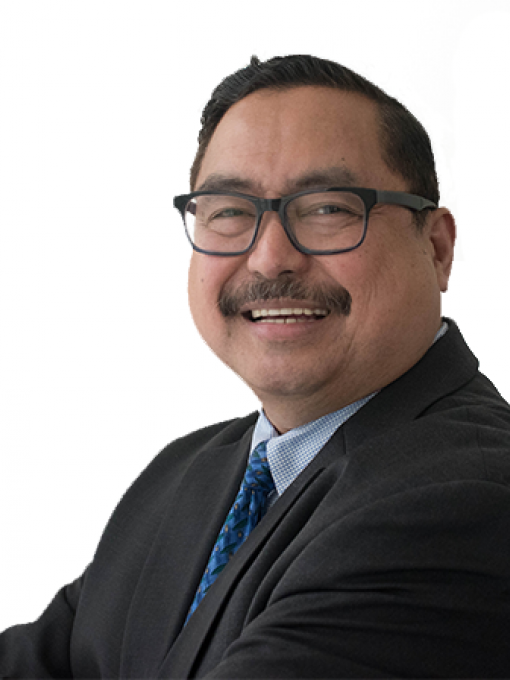Dr. Hamm is one of the world’s leading experts on Quakers in America. He recently retired from Earlham College, where he taught U.S. and Quaker history and was curator of its collections of Quaker materials. Dr. Hamm is a member of West Richmond Friends Meeting in the New Association of Friends.
In what ways has the Religious Society of Friends changed our country?
First, Friends have been consistent advocates of religious liberty. The Flushing Remonstrance of 1658, to which Friends were central, was one of the first statements favoring liberty of conscience in American history. William Penn’s colony of Pennsylvania welcomed people of all faiths.
Second, Friends have played a central role in advocating the rights of marginalized groups in American society. Friends conscientiously tried to be sure that the lands on which they were settling had been fairly purchased from their Indigenous inhabitants, and they were often outspoken critics of dispossession and broken treaties.
Friends such as John Woolman and Anthony Benezet were central to the rise of an antislavery movement in the Western world in the eighteenth century. In 1833, when the first national organization dedicated to the immediate abolition of human slavery, the American Anti-Slavery Society, was formed, a third of its charter members were Friends.
Friends were among the earliest supporters of prison reform in the United States, pioneers in basic standards like separating child from adult prisoners.
And Quakers were at the center of early movements for women’s rights in the United States. Of the three central figures in the nineteenth-century movement for women’s equality, two, Lucretia Mott and Susan B. Anthony, were Friends. And another Friend, Alice Paul, was central to the ratification of the Nineteenth Amendment in 1920 and was the author of the Equal Rights Amendment.
Of course, today we sometimes find Friends of past generations wanting. Friends could advocate legal rights of Native Americans but still embrace “assimilation” and the annihilation of Indigenous culture and spirituality. And even abolitionist Friends were sometimes not entirely free of racism.
In what ways has the United States have changed the Religious Society of Friends?
Friends, however much they originally tried to remain separate from “the world,” have over the past two centuries been unable to resist the influence of the larger American culture.
Apart from a few unyielding Conservative Friends, we take political and spiritual cues from it. On the theological left among Friends, we find influences from Buddhism, Hinduism, New Age, and a variety of other faiths and religious movements.
Thus, it is that we can have a “Jewish atheist Quaker.” On the theological right, one finds Evangelical Friends who have been deeply influenced by currents in American evangelicalism and fundamentalism, ranging from charismatics in the 1970s to the mega and community church movements today.
What is FCNL’s place in the overall realm of the Religious Society of Friends in the USA?
Today, FCNL mainly represents the concerns of the more liberal bodies of Friends. Evangelical Friends have focused on issues where they share affinity with the Christian Right, such as abortion and defending traditional marriage and do not see FCNL as representing their interests.
When it was founded, FCNL saw itself as a force for unity, in which different groups of Friends could work together. But the diversity of American Friends has made that increasingly difficult.
Historically, what have been FCNL’s major contributions to the United States?
First, FCNL has long been one of the most respected religious lobbying groups in Washington, because of its reputation for presenting accurate information and trying to work on a bipartisan basis. Second, it is clear that FCNL played an important role in the passage of the landmark civil rights legislation of the 1960s.
How can the Religious Society of Friends remain relevant to the United States as the country nears its 250th anniversary?
Other, secular groups now are more public advocates of the marginalized in American society. I see Friends as bringing together people on the spiritual margins, who find meaning in Quaker forms of worship and in the writings and example of Friends ranging from George Fox to Bayard Rustin.

